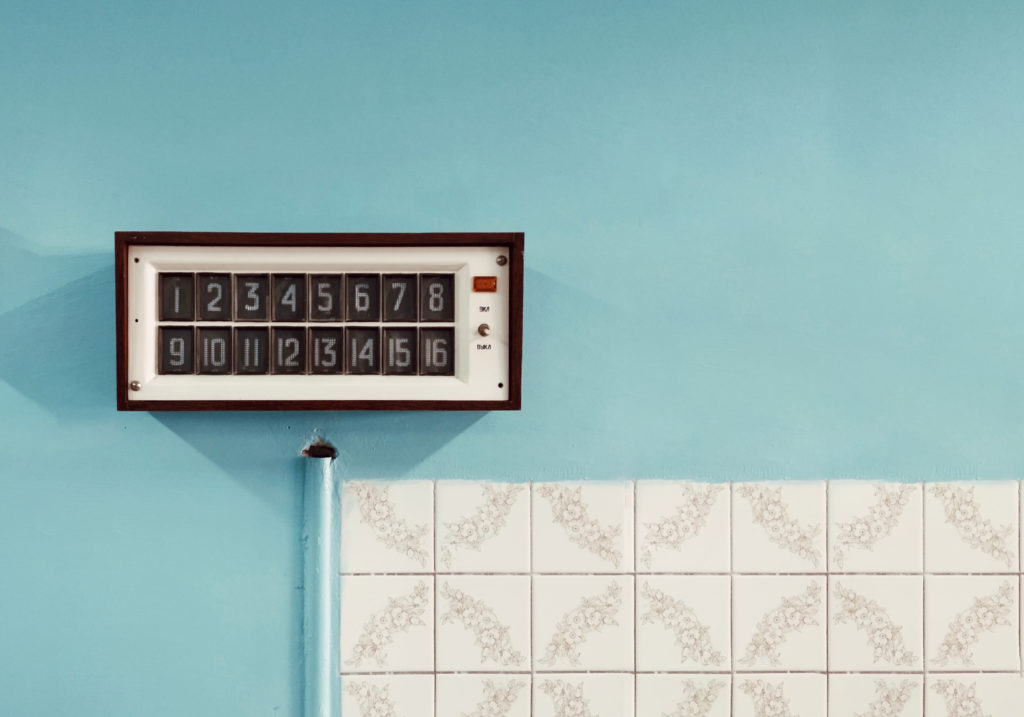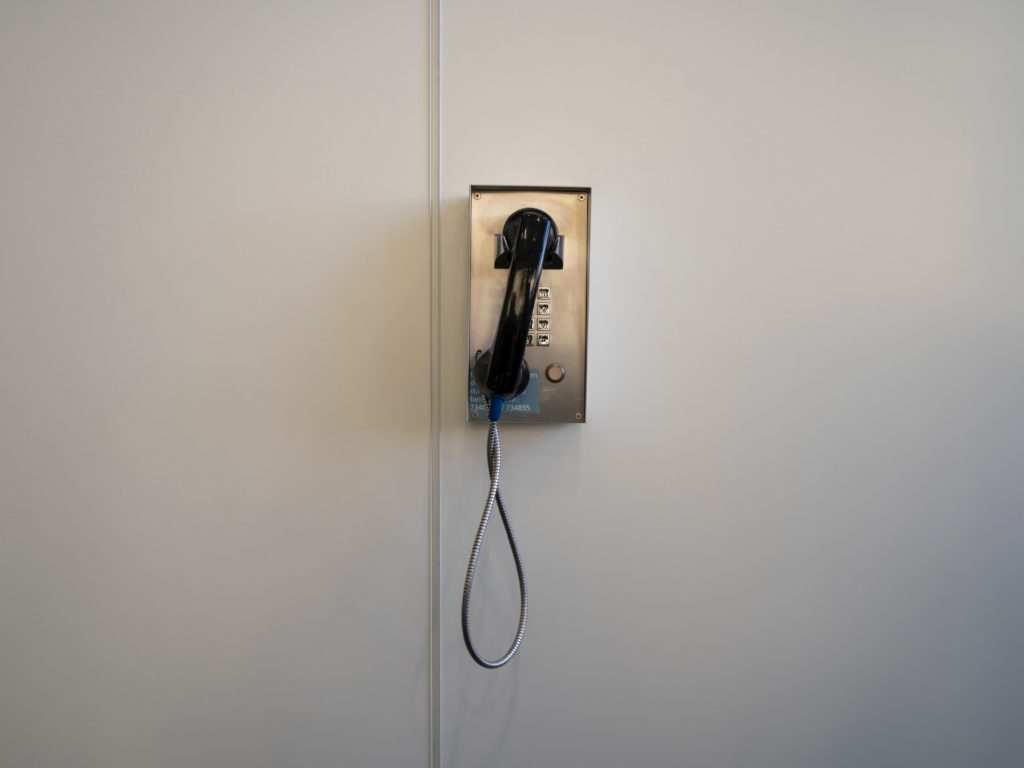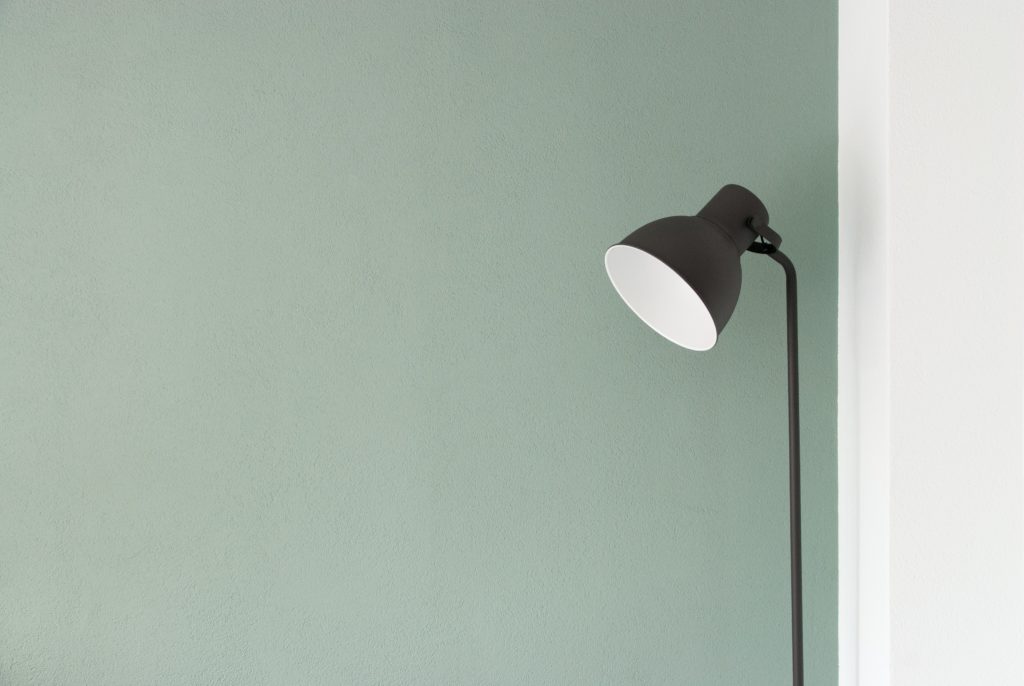
Insights
December 22, 2020Renting an office or working from home
As a DGA (director and major shareholder) you’ll need your own workspace. There’s the option of renting an office space, you can work at your client’s location, or you can opt for a joint workspace. There are also entrepreneurs who prefer to work from home, especially in these times of Covid. Is it possible to declare the costs you make on a home workspace? And is it advantageous to do so?
A distinction must be made between an 'external' workplace and a workplace at home. For external workplaces matters are quite simple: you can submit all costs for rent and furnishing to your books. You decide which costs you submit. This will not quickly lead to problems with the tax authorities.
When you’re working from home, the rules are much more complex, and things usually don’t result in an advantage. In this article, we assume that you’re an entrepreneur with your own BV (private limited company) who rents a private home. We will also briefly discuss the situation for an entrepreneur who owns a house.
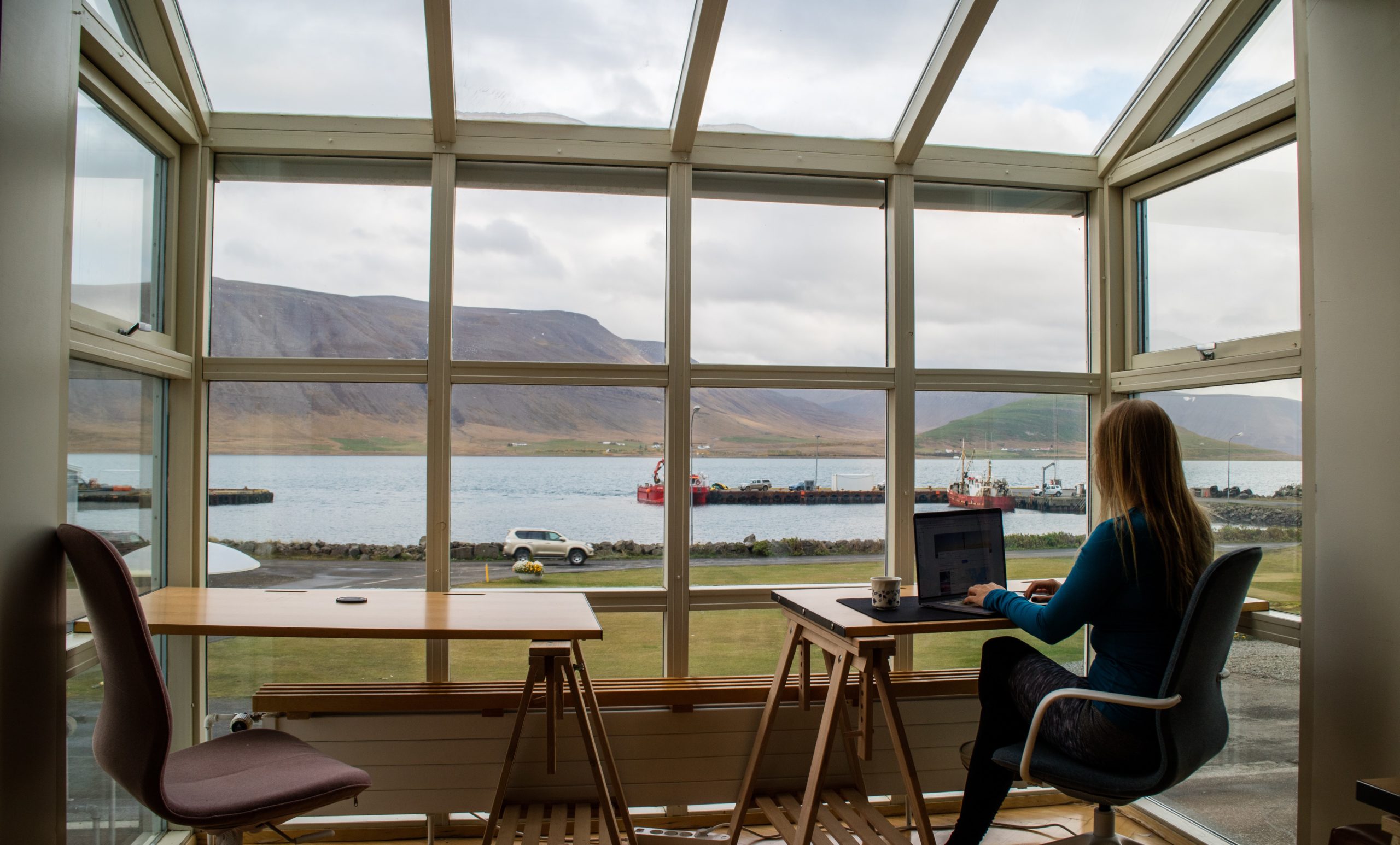
Rented housing
Whether you’re allowed to deduct costs for a workspace in your rental home depends on whether the requirements for a ‘qualifying workspace’ are met. To qualify, this space needs to meet two important criteria:
Independence criterion
- The workspace has a separate entrance.
- The workspace has facilities such as a separate toilet.
- It would be practically possible to let the workspace to a third party without you experiencing any inconveniences regarding this in your living space.
Income criterion
- At least 70% of your income must be earned in or from this space.
- At least 30% of your income must be earned in this space.
- In case of another external workspace, at least 70% of your income must be earned in the workspace.
If both criteria are met, you’re allowed to pay rent to the DGA within the BV, and you can include these costs in the books. You’re also allowed to submit furnishing and renovation costs.
The DGA also needs to declare this income in his or her own income tax return. If both criteria A and B are met, this falls under the TBS regulation. This means that the full rental income minus a 12% exemption is taxed in Box I. The tax burden on this income is comparable to the tax benefit that’s achieved in the BV.
If the criteria are not met, or if only one criterion is met, the full rental income must be declared. The tax burden on this income is higher than the tax benefit generated in the BV.
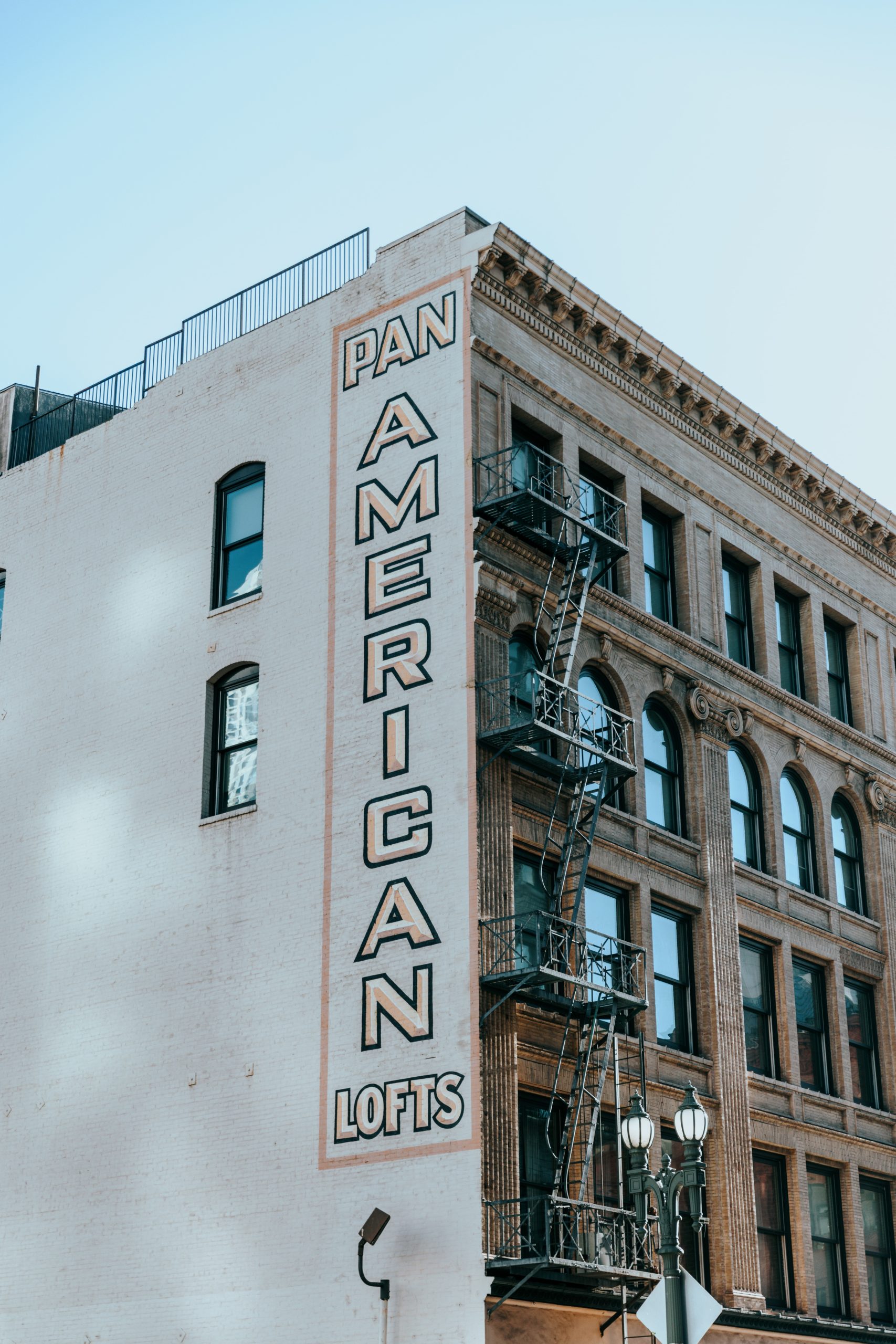
Owner-occupied property
When working from a owner-occupied house, the criteria mentioned above are equally important. The options for deducting costs through the BV and declaring the rental income for income tax are the same as they are for rented housing.
In the case of an owner-occupied property, you also have to take into account the following:
- If you meet both criteria, the workspace will fall under the TBS regulation. This means that, within the TBS scheme, the value of the workspace and (part of) the mortgage must be included on the balance sheet in Box 1. The remainder belongs to the owner-occupied home scheme in Box 1.
- It’s advised to not amortize on the mortgage, because the house usually increases in value, or at least remains its worth. In that case, no ‘housing’ costs are deducted.
- When the property is sold, any capital gain will be taxed with income tax. You do have a right to an exemption of 12%, but this could lead to a painful tax assessment. Especially if you did choose amortization.
- Bovenstaande constructie blijkt dan ook nadelig te zijn voor een DGA: er ontstaat administratieve rompslomp en bij verkoop van de woning kan er een hoge belastingaanslag ontstaan.
The construction mentioned above also appears to be disadvantageous for a DGA: it causes an administrative hassle and when the house is sold you run the risk of receiving a high tax assessment.
Conclusion
Often, DGAs do not meet both criteria. As a result, the tax advantage is lost in case of a rental home as well as an owner-occupied property. The ‘benefits’ of the construction often don’t outweigh the ‘burdens’.
Should you meet both criteria, this construction will also not quickly lead to any advantages. Unless you expect to make a lot of costs for renovations and furnishing, or if you expect the house to decrease in value for example. Both situations are rare in present day. Should this situation occur anyway, please make sure you’re advised thoroughly on the matter.


